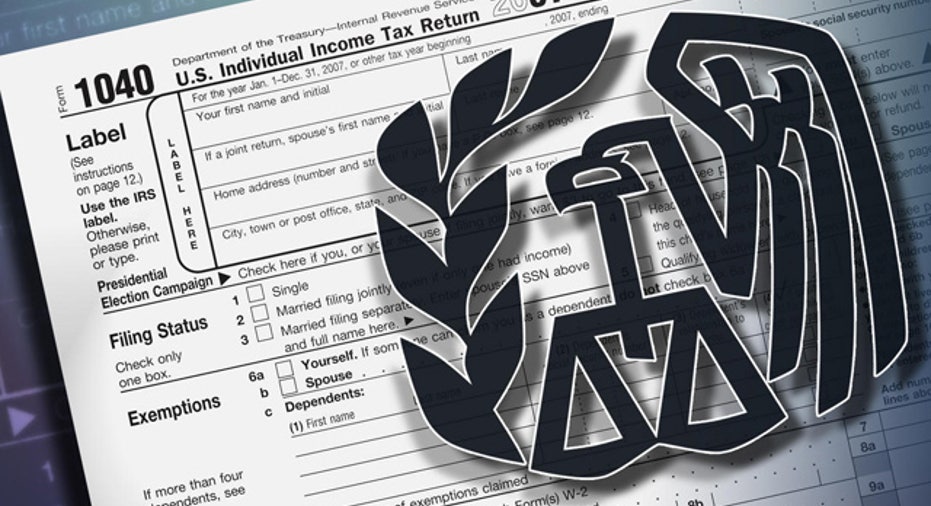Get Tax Breaks on Home Office, Cell

With tax time just around the corner, small business owners are in a good position to benefit from a slew of deductions. Whether it’s writing off computers and copiers or deducting business use of an iPhone, knowing what deductions to take can reduce the money the IRS collects.
“The tax law is written as such that there are many favorable provisions,” said Mark Steber, chief tax officer at Jackson Hewitt Tax Services. “It’s incumbent on any small business owner to understand the rules.”
When it comes to technology and other office equipment, a small business owner can choose to write off the entire expense in the year it was purchased or depreciate it over a period of years. When you depreciate something you are basically writing down the value of the item due to wear and tear over a period of time.
According to the IRS, computers and peripherals including printers and copiers can be depreciated over five years while office furniture, file cabinets and safes can be depreciated over seven years. It may pay to elect to take the 100% first-year write-off of up to $250,000 in the current year if the small business wants to offset income. But if the business isn’t making any profit, depreciating may make sense, especially if it expects to be profitable in future years and wants to offset some of the gains then.
According to Steber, there are many factors to consider when deciding to write off the complete expense or to depreciate it over five or seven years such as: how big any losses are in the current year and what the future profit targets look like. Given the complexity of the deductions for small businesses, getting a tax professional to prepare the taxes may be beneficial, said Steber.
“You always want to seek out very good and competent guidance related to legal, personal health care and taxes,” said Steber, noting the cost should pay for itself in terms of protecting a small business from audits and indentifying tax savings.
With many small business owners the line between personal use -- like a cell phone -- and business use of technology is blurred. Some people will have two cell phones to avoid issues, but for many that cell phone acts as both the business and personal phone. If the business falls into the latter category then only expenses related to using the phone for business purposes can be deducted. The small business owner must figure out the percentage of the time it’s used for businesses purposes and then include that deduction come tax time. With a cell phone, the cost of the phone, the service fee and the monthly payments can all be fully written of for business purposes, but only the percentage used for work can be added to the deductions.
While many small businesses have physical offices, many work out of home offices as well. For small businesses that have a home office, not only can they deduct their technology equipment but also things like a percentage of the home’s mortgage insurance, real estate tax, home repairs, utilities and insurance premiums. The home office must meet IRS standards in order to claim the deductions. According to the IRS, the home office has to be used regularly and only for business, or be the place where client or customer meetings occur. And if inventory or product samples are stored in a home, that counts as a home office as well.
Steber also advised to follow the general rule of thumb of saving any receipts and tax documentations for three years.



















